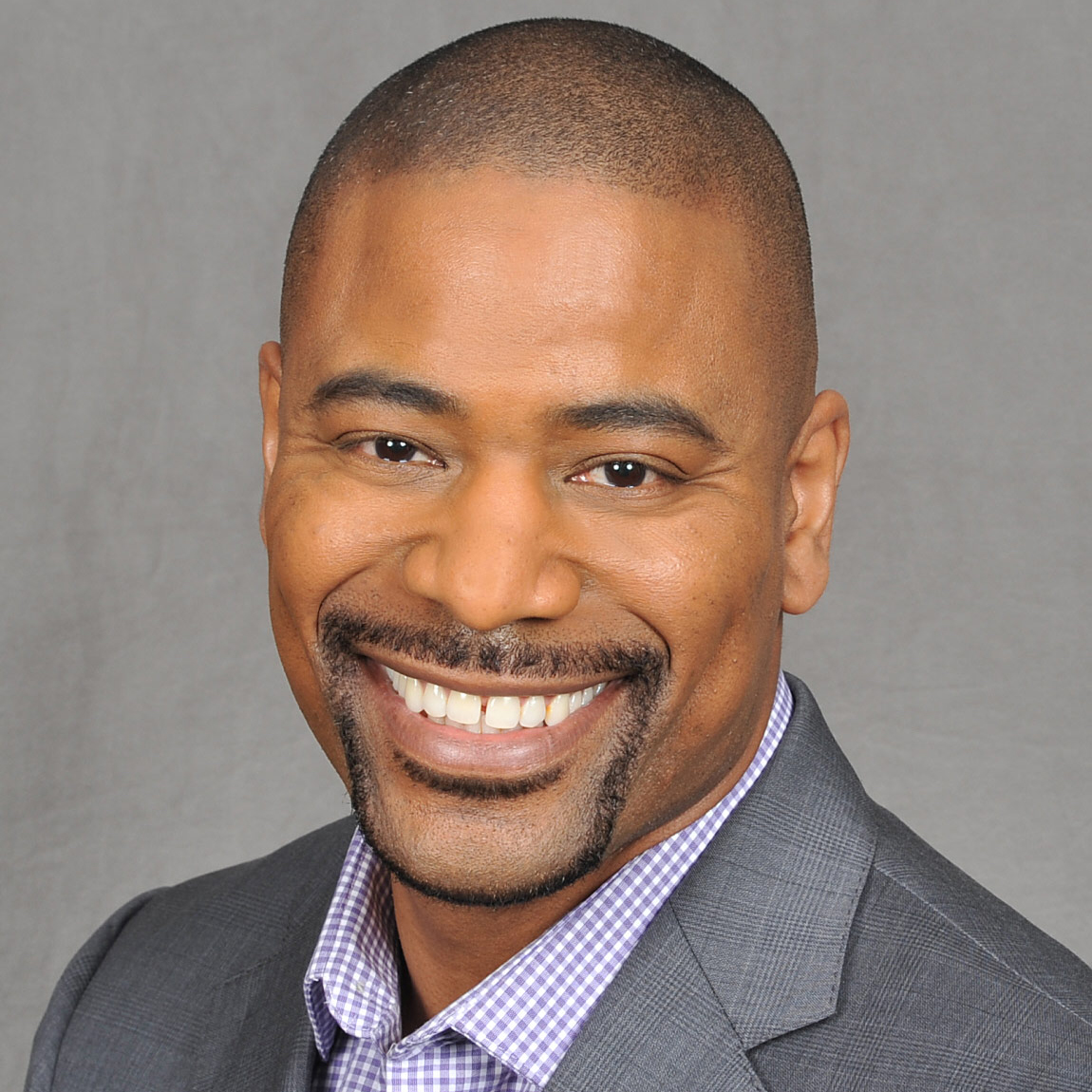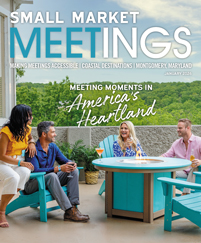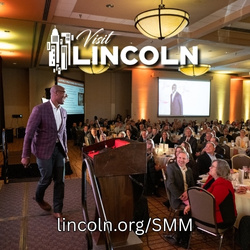As we enter the Holiday season many of us are prepping for, we believe is the inevitable awkward, ugly or avoidable conversation about difference. Sometimes it starts with something as innocuous as your athletic team vs mine but somehow makes its way to how you live your life vs how I live mine. In some homes and circumstances, it can even make the cross walk to how you vote or where you worship.
How can we embrace these conversations in the same way we do our loved ones? What are the better ways to approach these challenging topics, particularly with people we like, love and/or are our relatives?
It can be done.
Let’s start at the beginning. Why would someone want to have these conversations at all?
There was a time when our families and close friends were where we tested out our ideas, beliefs, and new concepts we’d been exposed to. Especially during the holidays, we would sit and play out our new thinking and our friends and family would help us by pressure testing these ideas against the backdrop of who we were then and who we want to be tomorrow. It was through these conversations, debates, and explorations we developed a healthy respect for alternative ideas and how to listen with the intention to understand as opposed to simply looking for our opportunity to make our point.
There is a strong argument that these conversations were a path towards deeper connections between friends and family and represented a version of love that is noticeably absent in many conversations today.
In the absence of these kind of conversations with those closest to us, we have found other people and groups with whom we engage in these discussions. These tend to be people who are often more likely to agree with us, without the pressure for us to defend our ideas and be accountable. They agree or perhaps not without having a sense for who we once were and where we currently are in our growth as a person. This lack of depth facilitates discussions that are absent desires that may have shifted over time and the reasons for those shifts. In other words, it’s an easier conversation when people don’t know your history, your story or you.
So why do we want to have these conversations? We want them because it has the likely outcome of deepening our relationships with one another. We want them because it is an expression of love and respect to listen to someone you disagree with or to share with someone who you want to be… tomorrow.
In truth – and in today’s conversational marketplace – it is not without risk that these conversations happen but we can lessen the risk with a few ground rules.
Have A Plan for Discomfort
We often have a good idea of the topics and the folks who are going to want to engage in these kinds of conversations. We may even be able to predict the topic and the time. To an extent we can inform our family and friends that we want these conversations to happen… in a civil manner.
We should encourage passion but draw the line at rage. Let people know that this is a line too far and crossing that boundary won’t be tolerated.
Remind them that intense dialogue is ok, in fact, it is encouraged and share with them that the person in front of them is a fully fledged person with a full set of feelings that are not targets. Instead it’s a way of connecting.
Expect ‘The RIGHT Kind of Uncomfortable’
Let participant know that it is expected that this may indeed be an uncomfortable conversation and that this is ok and in fact, it is good. And remind them that the goal is ‘The RIGHT Kind of Uncomfortable’. No one should feel beat up, instead they should feel stretched, engaged, perhaps even fatigued, but once again, that is a good thing.
Agreement? Well, it is possible but ought not be the goal. Instead, ask them to consider that success is measured by whether you better understand the other person’s perspective and whether you have changed yours or not.
The holiday season can be a wonderful time with family and friends. Many of us, because of loss, time apart, economic challenges and many other reasons have not had the opportunity to be around one another in too long.
Let’s make the best of it.
Let’s remember that most of the time we agree on most things. Let’s remember that most of the time people are very good people trying to do the right thing as often as possible with the information we have been provided throughout our lifetimes. And let’s remember that a deep conversation between people who sometimes disagree with one another can be expression of love and respect.
Wishing you the Happiest of Holiday Seasons.













